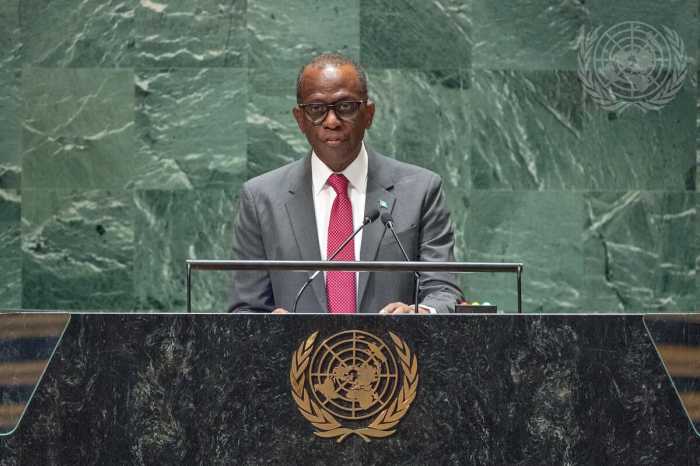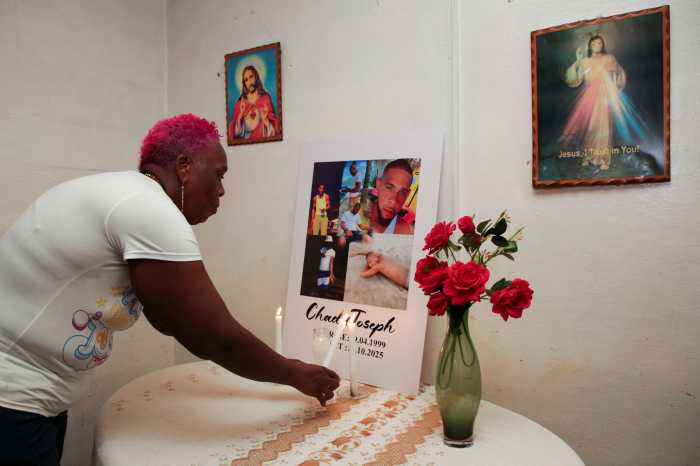An embarrassing situation is playing itself out in Trinidad and Tobago. Both the government and the main opposition are acknowledging that the republic’s lower-ranking soldiers are poorly fed, wear tattered uniforms and bulletproof vests, and sleep on mattresses so thin that they cause aching backs.
The issue has come to the fore after Opposition Leader Penny Beckles complained to local media and after Minister of Defense Wayne Sturge went on recently unannounced fact-finding missions to several military facilities to audit the situation for himself.
He found not only an embarrassment but a national disgrace, for which the opposition People’s National Movement must take some blame, as this scenario has been ongoing for more than a decade. The PNM lost power in the general elections held in late April.
Local media reports from off-the-record interviews with soldiers paint a gloomy picture. The ranks are adamant that commissioned officers live like kings and queens. At the same time, basic food items such as chicken are a luxury or delicacy for ordinary and lower ranks.
“Pay attention to what is happening down there in our base, where the men and women are not being fed. There is no rice, no meat, only spaghetti. If my information is wrong, I would like you to make a clear statement,” she said of Minister Sturge.
Firing back, Sturge assessed the situation as dire, vowing that changes are coming and imminent.
Responding to the Newsday newspaper, Sturge suggested turning up at bases unannounced, as senior officers had painted a very different picture in conversations with him.
“The condition at most bases is downright deplorable and comparable to our worst prison, which is now about to be decommissioned. They complained in unison that they, in the hierarchy, live like lords at defense headquarters. They enjoy the finest victuals, whilst ordinary soldiers, particularly those at installations far away from Port of Spain, must pool their resources to provide their own means, whilst on duty, as the ration never reaches places like Cedros, across the waterway from Venezuela. “I have heard the allegations of rations being purloined by senior officers. This will be remedied in the coming weeks,” he told the publication.
How soldiers are treated is an issue that has raised its head because of current tensions associated with the presence of an American military armada near the Venezuelan coast, presumably to thwart the shipment of drugs to the US.
American forces have already obliterated three go-fast boats allegedly ferrying cocaine to Trinidad and for alleged onward journeys to the US.
There are also current simmering tensions between Trinidad and Venezuela over Venezuelan allegations that the republic has allowed international mercenaries to enter the country via Trinidad, charges officials vehemently deny.
This has led to an ugly exchange of words with Venezuela threatening a response from Trinidad, allowing American troops to launch attacks from there.
Officials fear that now is not the time for low morale among soldiers, especially concerning a basic item such as food in a country with a relatively decent standard of living.

























